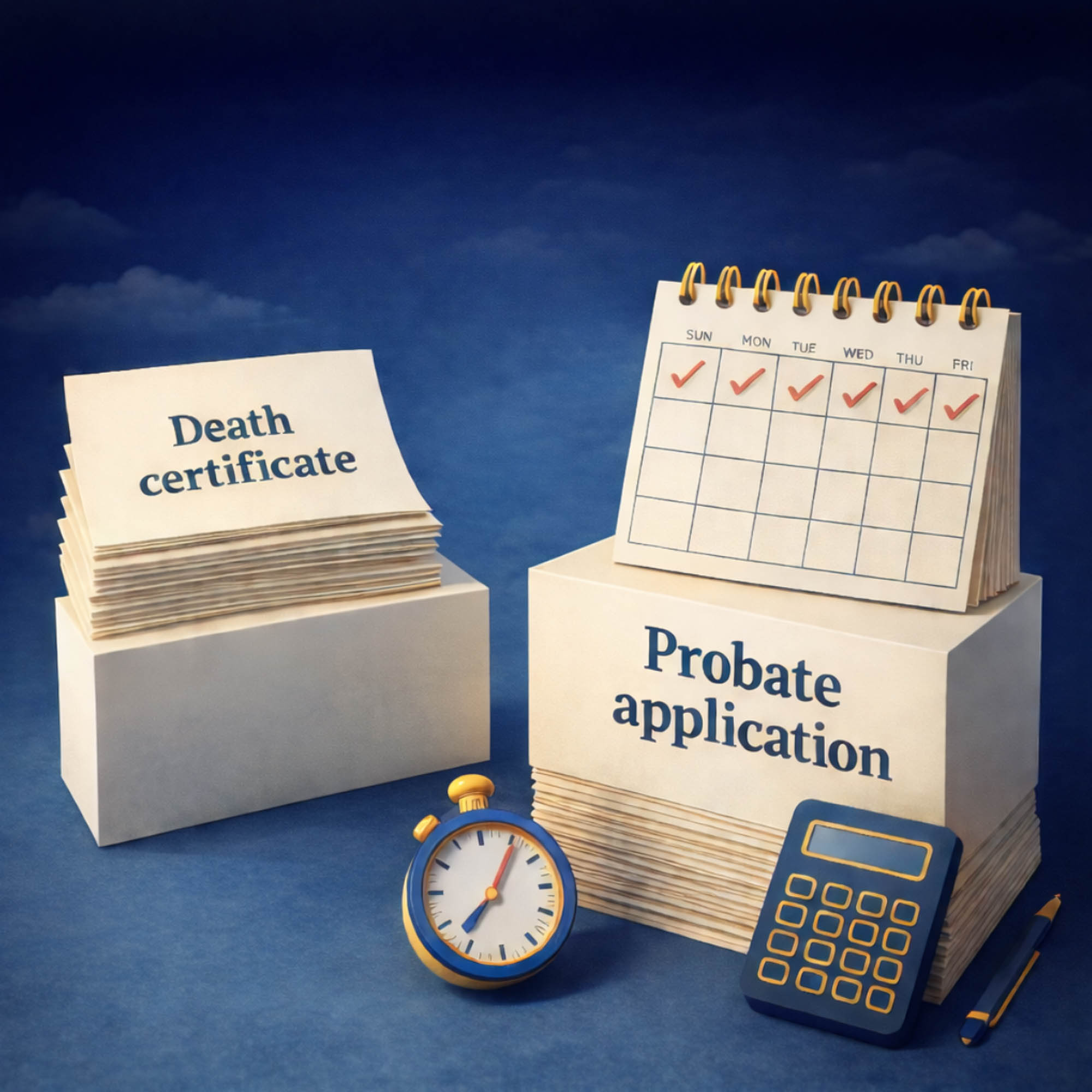What is a gift?
In the context of estate administration, a gift is anything that has value, such as money, property, and possessions. A loss in value also counts as a gift; for example, if you sell your house to your children below market value, the difference in value is considered a gift.
Outright gifts do not count towards the value of your estate after seven years.
Exempted gifts
There are some exceptions to gifting:
- Up to £3,000 worth of gifts in any singular tax year will not be counted in your estate value. Any unused amount of this can be carried forward to the following year, but only for one year.
- Wedding or civil ceremony gifts of up to £5,000 to a child, £2,500 to a grandchild, or £1,000 to any other person.
- Payments to help with another person’s living costs, such as an elderly relative or a child under 18.
- Gifts to charities and political parties.
You can utilise more than one of these exemptions on the same person.
For example, you could give your grandchild gifts for their wedding and their birthday in the same tax year. You can give as many gifts of up to £250 per person as you want during the tax year if you have not used another exemption on the same person.
Potentially Exempt Transfers
Potentially Exempt Transfers (PETs) are gifts that you make during your lifetime that fall outside of your gifting allowances. If you live for seven years after making a PET, the gift will be free from IHT.
If there’s IHT to pay, it’s charged at 40% on gifts given in the 3 years before you die. Gifts made three to seven years before your death are taxed on a sliding scale known as taper relief, which is calculated on the tax to be paid (not the gift amount).
Gifts with reservation of benefit
Gifts with reservation of benefit (GROB) refer to any assets that will be treated as ‘subject to reservation’ if:
- The person receiving that gift did not take full possession of the ‘property’ or enjoy the full use of the ‘property’, or
- The ‘property’ was not enjoyed by the person to the entire exclusion of the person gifting.
Example 1:
You transfer your house into your children's names in 2017. You continue to live there until you die in 2027 and pay no rent. This is a GROB, and the house value will form part of your estate for IHT purposes.
Example 2:
You transfer your house into your children's names in 2017 and pay no rent. You move out in 2019. At this point the gift becomes a PET. You die in 2027. As you survived for 7 years, the property will not form part of your estate for IHT purposes.




